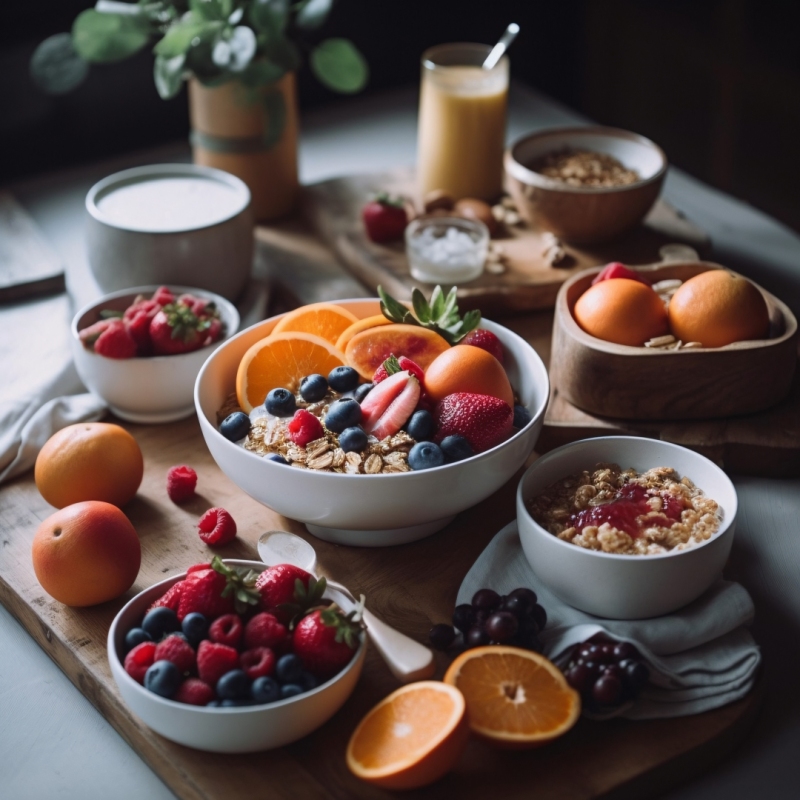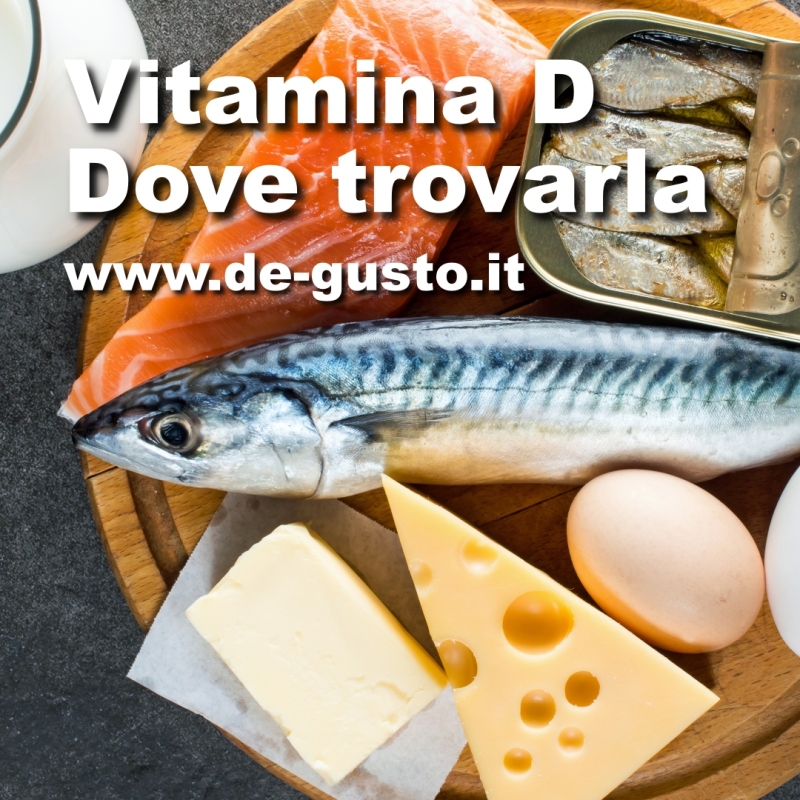By the word asthenia we define a physical situation of general weakness, with reduction or loss
of muscle strength and easy fatigue.
Symptoms of this kind often lead people to take supplements of various kinds (in particular tonics or multivitamins) in an ill-considered manner.
particularly tonics or multivitamins) in a thoughtless manner, and above all lead the subject to
seek out foods that give quick and short-lived energy such as: nerves in particular coffee
chocolate, sugar, refined flour, sweets, saturated fats such as cheese.
When the symptoms of asthenia appear, it is a good idea to ask oneself some questions to better understand what
type of tiredness we are dealing with, for example: do I wake up tired already? Or does the tiredness come after
lunch and I need constant breaks to get through the day?
Do we all feel tired in the same way? is it normal for children to feel tired at certain times of the year?
of the year they feel tired: they are growing up and need constant resources to cope with growth and external stresses.
cope with their growth, the external stresses to which they are subjected (children encounter each day
to learn about the world, and they are the most stressed subjects and need recovery to grow).
The elderly person is another subject who may be perpetually tired, but the elderly person has exhausted their
reservoirs, so it is the subject who must try to 'prevent' the symptoms of tiredness by treating
supplementation and nutrition.
The adult who eats well and has a good rhythm (gets a good 7-8 hours' rest, takes regular physical activity) should not feel tired.
physical activity) should not feel tired, in this subject it is essential to understand what kind of
tiredness to understand whether the cause is a thyroid deficit (lack of reactivity in the morning)
or adrenal (lack of stamina during the day) .
Nutrition plays a crucial role in asthenia: it is important not to overindulge in foods that
lead to thyroid and adrenal exhaustion such as coffee, coca cola, chocolate, sugar, sweets
biscuits, buns, pizza.
Ideale è fare un alimentazione che permetta di gestire bene i picchi glicemici: fare dei pasti bilanciati composti da proteine ( carne bianca, pesce, uova, legumi, pochi formaggi preferendo quelli di capra ), carboidrati complessi come cereali in chicchi: farro, orzo, pasta integrale, pane artigianale con farine integrali e verdure di stagione. Non devono inoltre mancare i grassi, che sono un importante fonte di energia, sono sazianti e se scegliamo grassi vegetali provenienti da Oliva, Canapa, ma anche semi come semi di lino, chia, noci , mandorle sono ricchi di precursori di sostanze antinfiammatorie .
Definitely pay attention to snacks, because often, moments of fatigue occur
in the intervals: morning and afternoon, when one risks abusing nervines and coffee.
I suggest trying some of the following snacks:
- Fresh fruit + granola
- Dried fruit + fresh fruit
- White yoghurt with honey and nuts
- Small wholemeal sandwich with peanut butter and nuts
- Snack bars: with oats, banana, coconut, almonds.
Recipes for Snack Bars:
- Cereal bars (8 pieces)
- 100 g oat flakes
- 20 g puffed millet
- 40 g sultanas
- 40 g almonds
- 30 g goji berries
- 30 g linseed
- 2 mashed bananas
Blend everything until smooth, cover the bottom of a pound cake tin,
Cover with baking paper, bake for 20 ' at 180 °C. Allow to cool and cut into pieces.
Coconut and almond snack bar
Mix in equal parts: grated coconut, almond flour, puffed quinoa, add if desired
cranberries or goji berries or sultanas, add acacia honey (the honey should act as a binding agent, the mixture
(honey should act as a binding agent, but the mixture should be floury enough and not sticky). Put the mixture into a plum cake mould.
Mash well with a spoon, bake at 180°C for 15 min.
(Article by Dr. Giusto Cristina)





